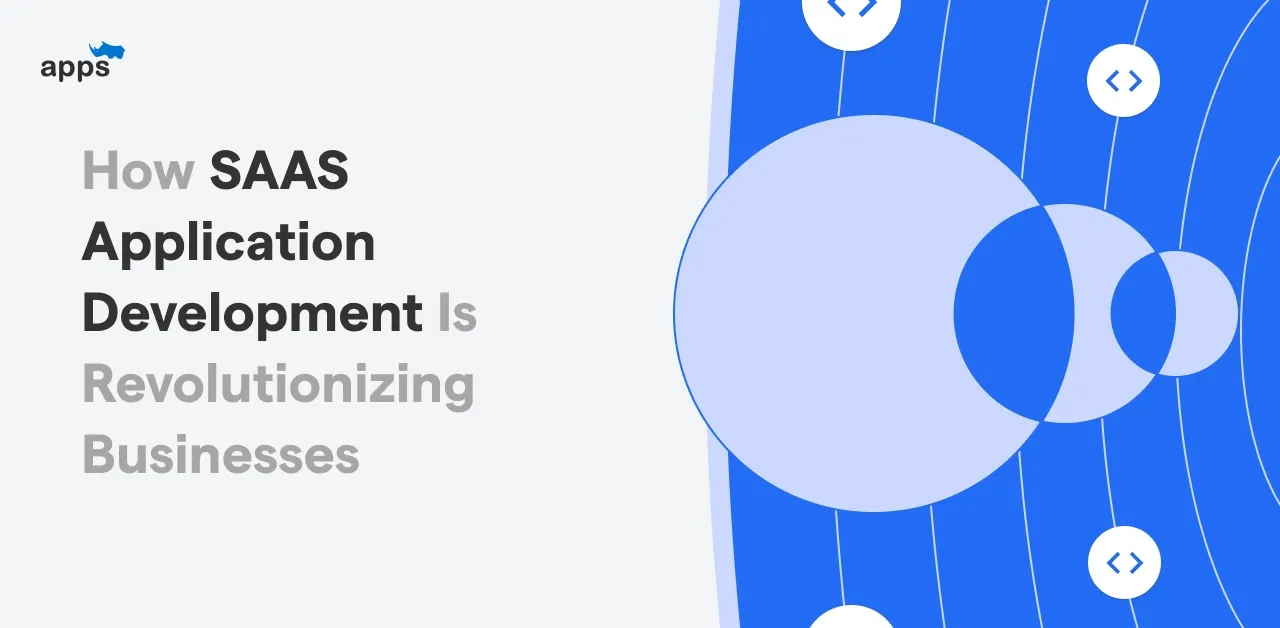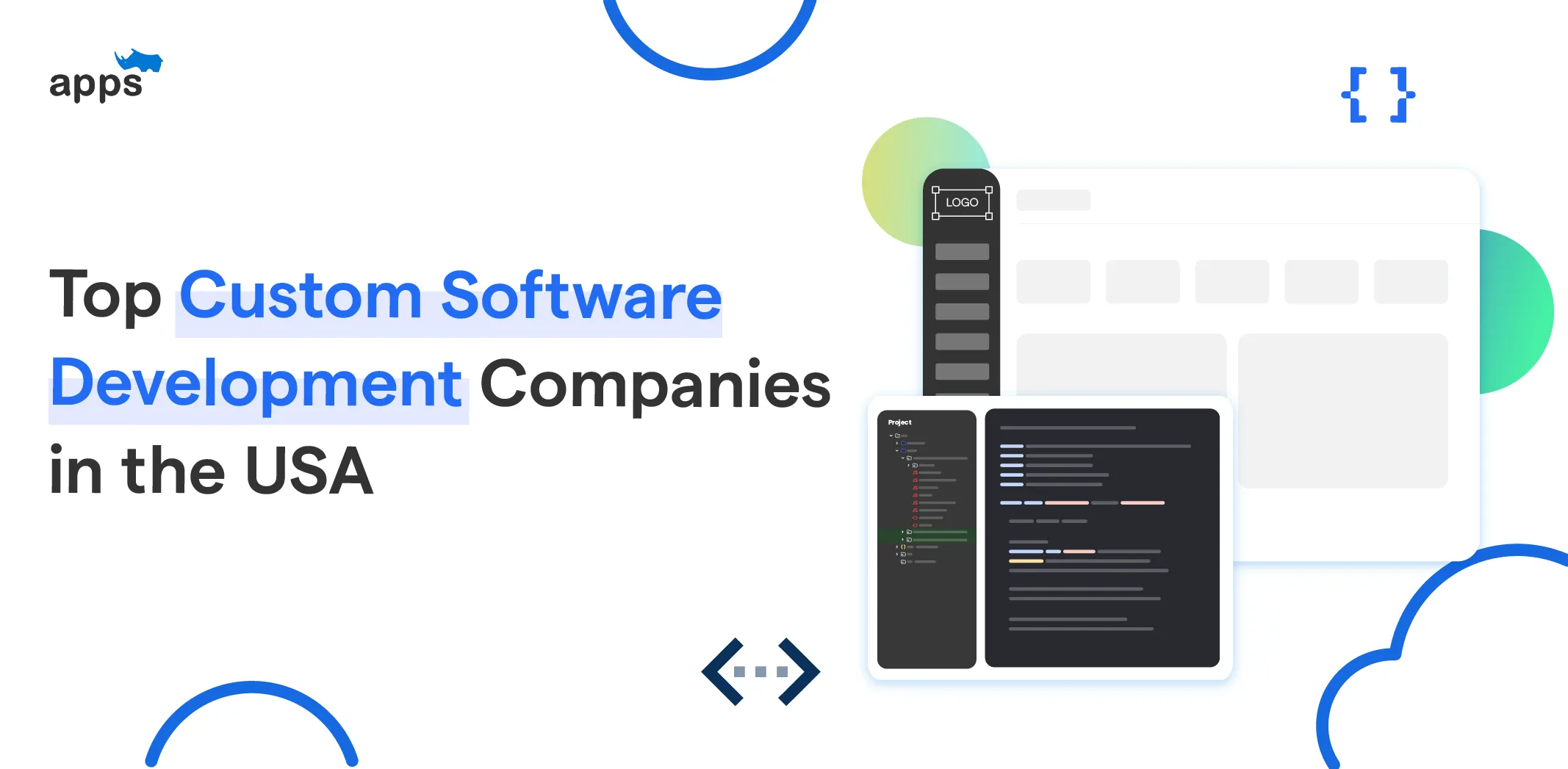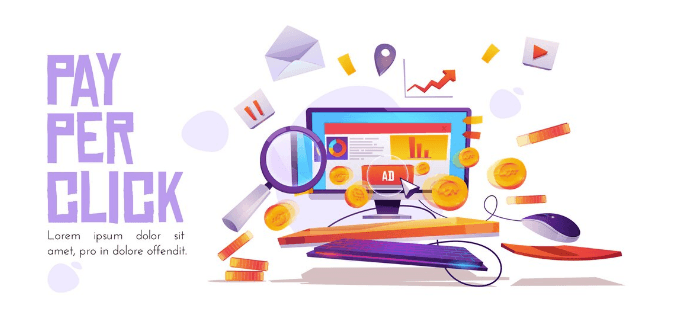- Introduction
- Benefits of SAAS Application Development
- SAAS Application Development in Various Industries
- Challenges and Considerations
- Future of SAAS Application Development
- Conclusion
- Frequently Asked Questions (FAQs)
Table of Contents
How SAAS Application Development is Revolutionizing Businesses

Introduction
It is only been 25 years since the first SAAS application was launched by Salesforce as their CRM system and since then the demand for SAAS applications has surged making them the first-ever choice in the dynamic world of business. With tons of businesses going online and opting for digital solutions over offline in-office systems, many SAAS provider companies are emerging as well.
SAAS which is the short form of Software as a Service is a software model that allows users to access and use applications over the internet without the need to install and run your application on the hardware which requires lots of space, a cooling system, and whatnot.
SAAS models have gained popularity because of their convenience, these subscription-based cloud models can be accessed from anywhere and anytime providing scalability, convenience, and accessibility to its users. And with the increased adoption of remote work, every small, medium and even big company is relying on software service solutions.
In this blog, we will learn about how SAAS is benefitting businesses and how you can also take advantage of these services by integrating SAAS development for your business.
Benefits of SAAS Application Development

SAAS application development is transforming businesses across industries, providing cost-effectiveness, scalability, and accessibility to businesses seeking powerful software solutions that can adapt to their changing needs.
Cost-effectiveness
Software development is not a cheap thing to commit. From hardware installment to other infrastructure to run and maintain the software, there are several massive fees associated with it.
However, opting for SAAS eliminates the need for businesses to invest in those expensive hardware and infrastructure making it a cost-effective option helping to minimize upfront costs and ongoing maintenance expenses.
Businesses can access the software through the internet, hosted and maintained by the service provider, and pay the fee on a subscription basis depending on the type of usage.
Scalability
Traditional software licenses have limitations in terms of scalability, and user capacity as these come with fixed capacity and might require additional investment to upgrade the hardware.
But not the SAAS applications as they are scalable and allow businesses to easily scale up or down based on their needs. With SAAS, businesses can easily add or remove users or expand their usage as needed.
Whether it is adding new features, tapping into new markets, or adjusting the application as per the increased user base, the SAAS service provider offers flexibility and cost-efficiency and takes care of the necessary infrastructure and resources, allowing businesses to seamlessly adjust their usage based on their needs.
Accessibility
SAAS is accessible from anywhere with an internet connection. This level of access promotes remote collaboration and improves efficiency by allowing employees to work from anywhere.
SAAS eliminates the need to be physically present in a particular location, providing greater flexibility and convenience. This accessibility also reduces the need for businesses to allocate resources to maintain software installations on multiple devices.
SAAS Application Development in Various Industries
SAAS application development has revolutionized various industries by offering customizable software solutions and transforming the way businesses operate.
Healthcare

SAAS applications have revolutionized the healthcare industry by improving efficiency, patient care, and data security. With the help of these cloud-based solutions, care providers can access important patient data and information in real-time to provide them with holistic consultation.
Several SAAS solutions are being adopted in the healthcare industry such as Electronic Medical Record (EMR) systems, and telehealth applications, Employee Management Systems for better management of staff and providing care to the patients.
SAAS applications such as Athenahealth and Cerner have been widely adopted, enabling healthcare organizations to improve patient outcomes and operational efficiency.
Retail
Another industry that has been benefiting significantly from SAAS applications is retail. These cloud-based applications have brought significant advancements in retail operations, customer experience, and inventory management.
Point of Sale (POS) systems, such as Square and Shopify, are widely used SAAS applications in the retail industry. These applications offer features like inventory management, sales reporting, and integrated payment processing. Shopify also comes with the feature of setting up an online store with secured payment gateways and customizing shop feeds.
Additionally, customer relationship management (CRM) tools, such as Salesforce and HubSpot, help retailers manage customer interactions, improve marketing strategies, and drive sales.
Finance

Online accounting software, such as QuickBooks and Xero, are popular SAAS applications used by businesses to manage their finances, invoices, and financial reporting. These applications offer real-time financial insights, automation of manual tasks, and easy integration with other financial systems.
Additionally, SAAS-based payment processing platforms like Stripe and PayPal have simplified online transactions by providing secure and seamless payment solutions.
Challenges and Considerations
While SAAS applications offer several benefits to businesses, there are potential challenges to consider when adopting these solutions.
Integration issues
If a business is already using outdated or legacy software systems, integrating SAAS applications with these existing systems can be challenging. Legacy systems are not compatible with new SAAS applications, causing data migration issues that can be complex and time-consuming.
Make sure that your existing system is compliant with the latest version of SAAS to save you from making huge investments.
Data security and privacy risks
All the data collected through the SAAS system will be stored in the cloud, which poses high breaching risks and security concerns.
Ensuring data protection measures are in place, regular backups are done, and there are encryption measures are taken to prevent data breaches. In addition, businesses need to ensure that SAAS vendors are up-to-date with relevant data protection laws, such as GDPR in the EU and CCPA in California.
Loss of control
When a business relies on a SAAS application, they are dependent on a third-party provider to maintain and improve the software. This can lead to concerns about losing control over features, functionality, and critical updates.
Consider discussing all of these concerns with your service provider beforehand to make the process less complicated.
Vendor lock-in
Moving away from a SAAS provider can be challenging and costly. Businesses need to consider the long-term implications of vendor lock-in and ensure that they have exit strategies in place.
Create a comprehensive contract with your service provider keeping all the necessary clauses and exit strategies before entering into the agreement.
Suggested Reading:
5 Easy Steps to Develop a SaaS App!
Dependency on Internet connectivity
As SAAS applications are cloud-based they are fully dependent on Internet connectivity. If a business's internet connectivity is slow or unreliable, this can lead to disruptions and reduced productivity.
Future of SAAS Application Development
The SAAS industry has seen tremendous growth in recent years, and its future looks promising with several trends and innovations that are shaping the industry. Here are some of the trends that are shaping the future of SAAS development:
AI and Machine Learning

The integration of AI and machine learning is revolutionizing SAAS applications in areas such as customer service, sales, and marketing. These technologies enable SAAS applications to provide personalized experiences and better insights to end-users.
Hybrid Cloud Solutions
Hybrid cloud solutions combine private and public cloud environments, providing flexibility and scalability to businesses. This approach improves data management and provides better control over the data.
Rise of Low-code Platforms
Low-code platforms are gaining popularity these days as they allow businesses to develop their own customized SAAS solutions. These platforms require little to no coding experience and provide a user-friendly interface, which makes it fast and easy for businesses to build and deploy solutions.
Focus on Cybersecurity
SAAS providers are implementing advanced security measures, such as two-factor authentication, data encryption, and AI cybersecurity solutions to protect their customers from breaches and intervention.
Integration with IoT devices
IoT devices are generating vast amounts of data, which SAAS applications can harness to provide real-time insights to businesses. This integration will enable businesses to make data-driven decisions that improve operational efficiencies and customer experiences.
Conclusion
With the tremendous growth in the tech sector, the future of SAAS development is ever-promising as the demand for these applications is still on the rise. From providing flexible solutions to being there 24x7 with their clients and streamlining complex operational processes SAAS applications have shown how efficient they are.
Whether you want a CRM system or DBMS, project management or accounting, or just want to streamline your shop SAAS has every solution as per your need. So do not wait up and get your business a SAAS application to streamline its operations and provide hassle-free solutions to your employees.
AppsRhino offers the best Tech-driven solutions for Home services, Laundry delivery, Alcohol delivery, Grocery Delivery, Food Delivery, and Taxi Services:
- Home Services
- Laundry Delivery
- Alcohol Delivery
- Grocery Delivery
Contact AppsRhino Today!
Frequently Asked Questions (FAQs)
How does SAAS application development revolutionize businesses?
SAAS application development revolutionizes businesses by providing a cloud-based software delivery model. This allows businesses to access and utilize software applications over the internet, eliminating the need for costly infrastructure and installation. SAAS applications offer scalability, ease of upgrades, and enhanced accessibility, empowering businesses to operate more efficiently and cost-effectively.
What are the key benefits of SAAS application development?
SAAS application development offers several benefits to businesses. Firstly, it reduces costs by eliminating the need for hardware infrastructure and upfront software licensing fees. SAAS applications are typically subscription-based, making it more affordable for businesses.
Additionally, SAAS applications are highly scalable, enabling businesses to easily adjust their software usage as their needs evolve. Finally, SAAS applications offer enhanced accessibility, allowing businesses to access their software and data from anywhere, at any time, using any device.
How does SAAS application development differ from traditional software development?
SAAS application development differs from traditional software development in several ways. While traditional software is typically installed and maintained on-premise, SAAS applications are hosted and managed in the cloud by the SAAS provider.
This eliminates the need for businesses to handle installation and maintenance tasks. SAAS applications are also accessible via web browsers, eliminating compatibility issues across different operating systems. Additionally, SAAS applications often offer automatic upgrades and updates, ensuring that businesses are always using the latest version of the software.
What are the prevailing trends in SAAS application development?
In SAAS application development, there are several emerging trends that are shaping the industry. These include the integration of artificial intelligence (AI) and machine learning, allowing SAAS applications to provide personalized experiences and real-time insights. Hybrid cloud solutions are also gaining popularity, as they combine private and public cloud environments to offer flexibility and improved data management.
Low-code platforms are another trend, enabling businesses to develop customized SAAS solutions without extensive coding knowledge. Cybersecurity is a significant focus, with SAAS providers implementing advanced security measures to protect sensitive data. Lastly, the integration of SAAS applications with Internet of Things (IoT) devices allows businesses to harness real-time data and optimize processes.
Can you provide examples of businesses that have successfully utilized SAAS application development?
Several businesses have benefited from SAAS application development. For example, Salesforce is a SAAS customer relationship management (CRM) application that revolutionized customer management. Slack, a SAAS collaboration platform, has transformed team communication and collaboration.
Zoom, a SAAS video conferencing application, has become essential for remote collaboration. These companies illustrate how SAAS applications have revolutionized various business functions and improved efficiency.
Table of Contents
- Introduction
- Benefits of SAAS Application Development
- SAAS Application Development in Various Industries
- Challenges and Considerations
- Future of SAAS Application Development
- Conclusion
- Frequently Asked Questions (FAQs)




